News
Latest from the Coalition
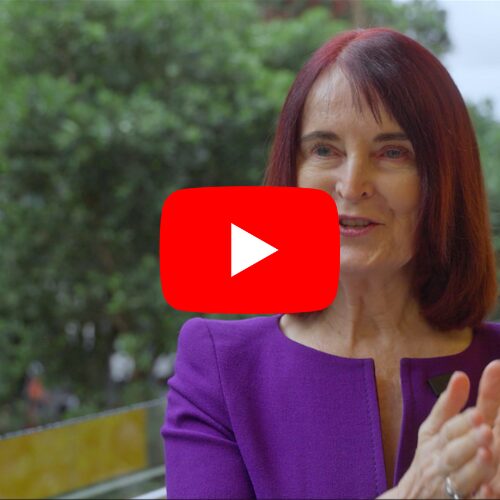
Climate Leadership Insights: The B Team Australasia
Lynette Mayne, Executive Chair of The B Team Australasia, recently visited Aotearoa New Zealand for the launch of the Climate Leaders Coalition’s new Statement of Ambition and refreshed strategy. In this Q&A, Lynette shares insights into the work of The B Team...
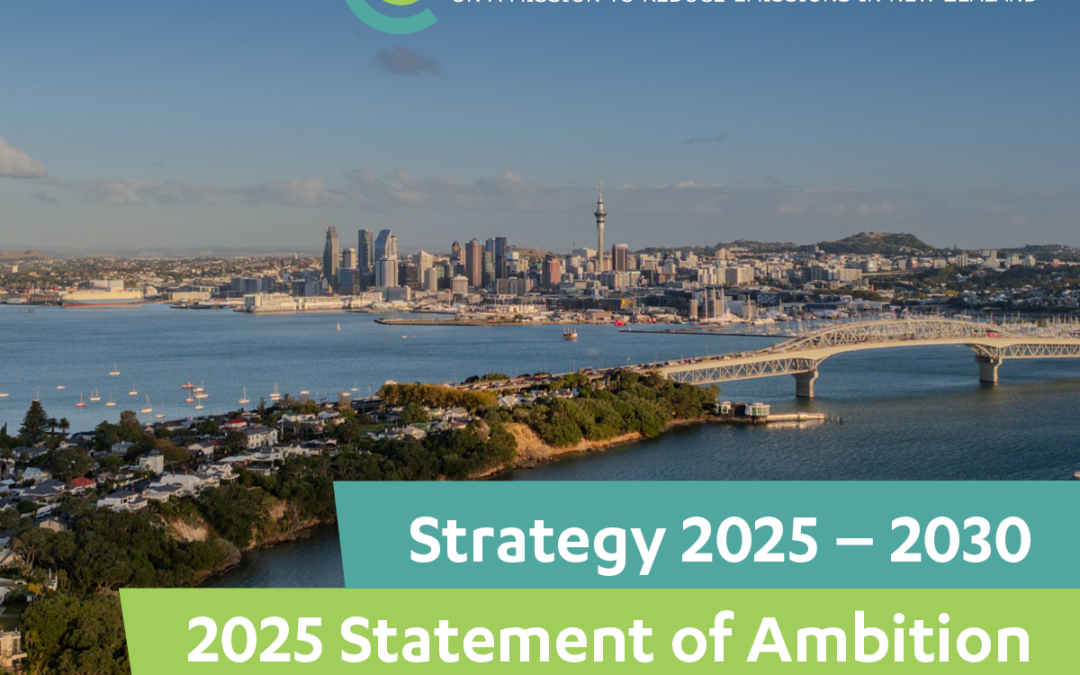
Climate Leaders Coalition launches next chapter
The Climate Leaders Coalition (CLC) is this morning unveiling a new Statement of Ambition and refreshed Strategy, marking the next step in business-led climate action in New Zealand – just as COP30 concludes in Belém.

SBC Hot Seat with Shannil Varma (CLC Manager)
This week, we've got Shannil Varma, Manager of the Climate Leaders Coalition (CLC), in the hot seat. Shannil's role sits within the Climate and Nature team at SBC (which is the secretariat organisation for CLC), and he oversees all the day-to-day operations and...
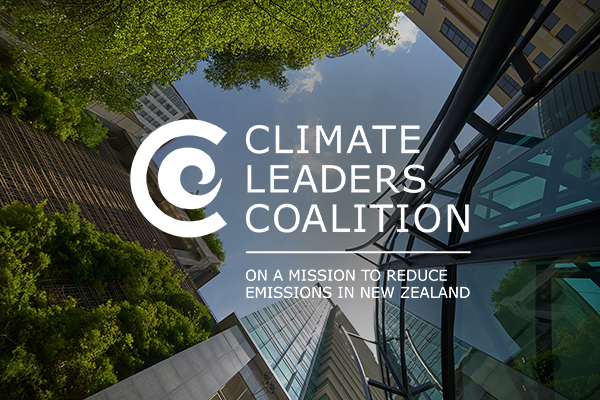
Climate Leaders Coalition re-commits to ambitious climate action with new convenor
The Climate Leaders Coalition welcomes Genesis CEO Malcolm Johns as the Coalition’s new convenor, succeeding Spark CEO Jolie Hodson MNZM. Since 2018, the CEO-led Coalition, made up of 87 signatories and accounting for around 30 percent of New Zealand’s GDP, has helped...
Search all news

Genesis and Westpac NZ sign a $100m Sustainability Linked Loan with market-leading emissions reduction targets
Genesis Energy will be required to meet ambitious carbon emission reduction targets if it’s to avoid penalties under a Sustainability-Linked Loan agreed with Westpac New Zealand.
The $100m loan financially incentivises Genesis to meet sustainability targets, which include reductions across all scopes of emissions, ramping up renewable energy generation, and a future of work programme. Genesis will pay a lower interest rate on the loan for achieving its goals but will have to pay higher interest if it falls short of its commitments.

BNZ first NZ bank to sign up to Net Zero Banking Alliance
Bank of New Zealand (BNZ) has today signed up to the Net-Zero Banking Alliance (NZBA), committing it to work with customers to increase sustainability and reduce emissions that align to net-zero emissions by 2050.
In becoming the first New Zealand bank to commit to membership of the Net Zero Banking Alliance, an industry-led, UN-convened alliance of banks worldwide, BNZ will accelerate a reduction in operational and attributable Greenhouse Gas (GHG) emissions across its lending and investment portfolios. It will do this by incentivising emissions reduction and working with customers on transition plans that align their businesses to net zero pathways.
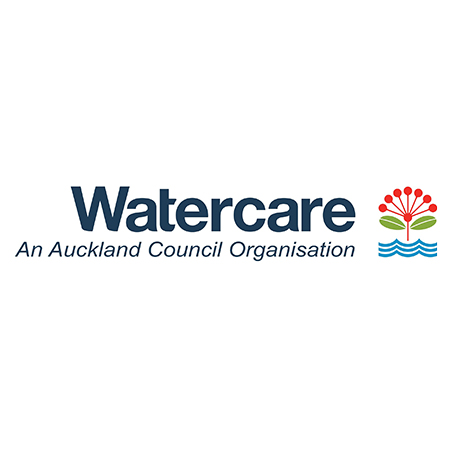
Watercare joins UN’s Race to Zero campaign for climate change action
We have joined the UN’s Race to Zero campaign, adding our voice to a global call for industry to achieve net zero carbon emissions by 2050 to minimise global warming.
We have signed up to the global alliance along with 13 Australian water utilities supported by the Water Services Association of Australia (WSAA) and those represented by Water UK, who have also pledged to reach net zero emissions by 2050 or earlier.

Dryland Carbon – following the tree line
Dryland Carbon was established to match its investor partners’ (including AirNZ, Contact Energy, Genesis Energy and Z Energy) need to source carbon offsets with farmers’ potential ability to provide them.
In order to achieve that, general manager Colin Jacobs says rather than buying land, Dryland Carbon works in partnership with existing landowners. Having identified suitable non-productive or ‘least’ productive land on a property, they undertake all the planting and deliver the landowner an annual cash payment akin to a lease for 16 years – aligned with the ETS determination of a forests’ average age. The landowner will then get a 50% share of the timber harvest and the land will be replanted with a new forest. In return, Dryland Carbon gets the carbon credits from the plantation.
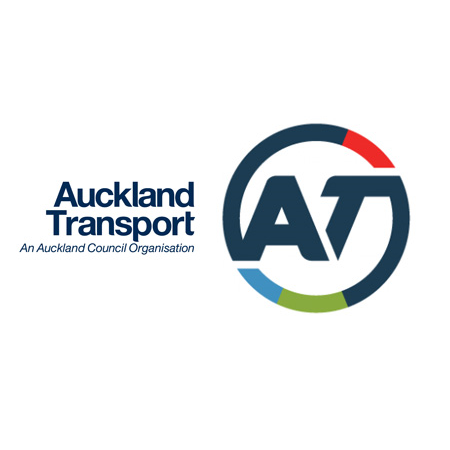
Auckland Transport shines bright at United Nations Climate Change Conference
Auckland Transport’s zero-emission bus fleet will be showcased in a virtual exhibition at the United Nations Climate Change Conference (COP 26) in Glasgow this month.
The COP 26 summit improves the global efforts of countries all over the world to play their part in limiting global warming to 1.5 degrees.
Auckland Transport’s (AT) transition to zero-emission buses has been recognised in a C40 cities exhibition at COP 26, along with a number of wider Auckland Council initiatives to reduce carbon emissions.

ASB and Hawke’s Bay Airport partner on multi-million dollar sustainability-linked loan
Hawke’s Bay Airport has taken an important step in its goal to become New Zealand’s most sustainable airport, this week securing tens of millions in sustainability linked funding from ASB.
The regional airport’s $23 million sustainability linked loan uses ASB funds allocated under the Reserve Bank’s Funding for Lending (FLP) programme which the bank has committed to using to support projects that meet sustainability or regional infrastructure criteria.

Toyota boss’ clean car warning
Lower-emissions alternatives “unlikely to become available and affordable” under the new clean car scheme’s timeframe.
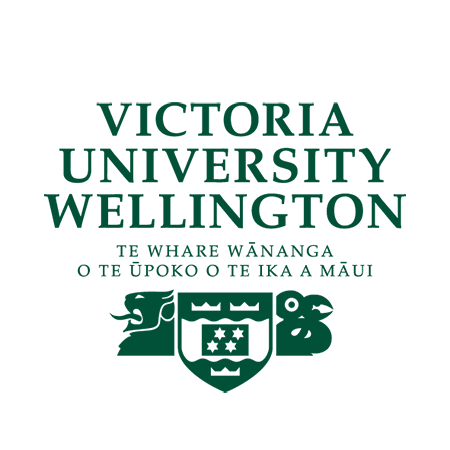
Victoria University – Electrifying transport: why New Zealand can’t rely on battery-powered cars alone
The transport sector accounts for 47 percent of New Zealand’s carbon dioxide emissions. It will be a focus for decarbonisation to meet the country’s new climate pledge to cut emissions by half by 2030.
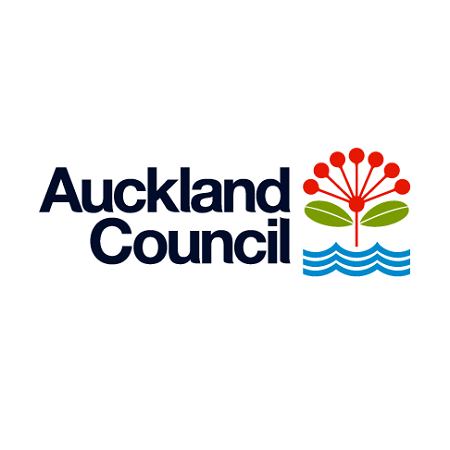
Auckland ready for COP26 commitments
Global leaders are meeting in Glasgow to commit their countries to deliver on the goal of limiting global warming to 1.5 degrees.
Auckland Mayor Phil Goff says, “Auckland Council understands the need for urgent action on climate, having declared a climate emergency in 2019. We have taken our commitments seriously and have developed a blueprint for halving emissions by 2030, supported by an additional $152 million of new climate investment in our recent 10-year Budget which lays the groundwork for further action.

NZ business at COP26: David Benattar, The Warehouse Group
With delegations from around the world descending on Glasgow for the negotiations and events making up COP26, attendees from New Zealand include representatives from both the Sustainable Business Council and the Climate Leaders Coalition.
We talked to some of those who will be taking part on the ground in Glasgow to find out why they are going, and what they are hoping to achieve. This week we hear from David Benattar, Chief Sustainability Officer for The Warehouse Group.
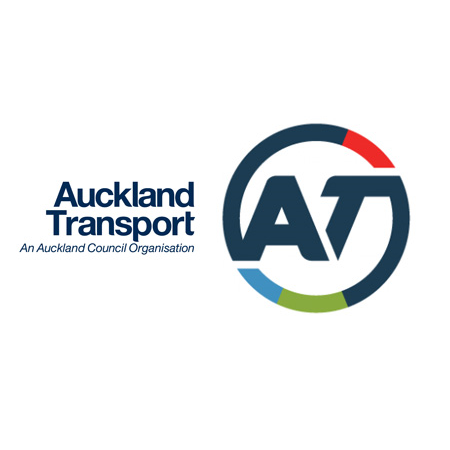
Auckland Transport – EV transport service to be trialled in south Auckland
The AT Local EV car and van service offers a quick and reliable way to travel around the suburbs, as well as providing easy connections to other public transport.
“AT Local vehicles are fully electric and if the trial of this service is successful it will enable more people to leave their cars at home, helping to reduce carbon emissions and traffic congestion on our roads,” Auckland mayor Phil Goff says.
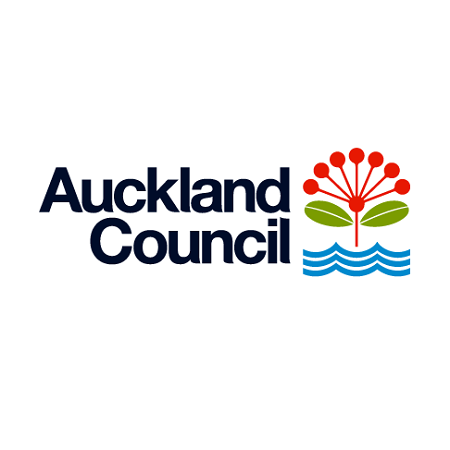
Auckland Council raises $1 billion in Green Bonds
Auckland Council’s retail Green Bond offer last week raised $300 million, seeing the council surpass $1 billion in funds raised through the sustainable finance framework.
